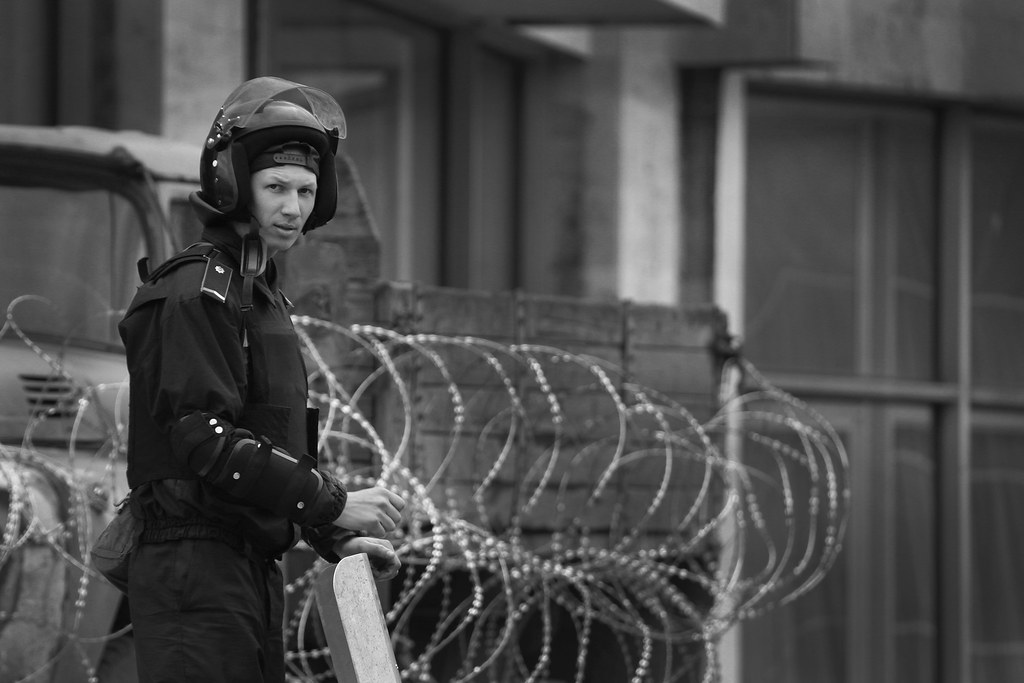NATO Secretary General Jens Stoltenberg issued a cautionary message, emphasizing that the war in Ukraine may endure for an extended period. This warning comes as Kyiv’s efforts to counter Russian forces yield only incremental progress.
While Ukraine’s allies have attempted to highlight recent campaign gains, the conflict has persisted for months without significant breakthroughs. The changing seasons bring shifting conditions on the ground, potentially exposing Ukrainian energy infrastructure to renewed Russian attacks.
In an interview with the German newspaper Berliner Morgenpost published on Sunday, Stoltenberg stated, “Most wars last longer than expected when they first begin. Therefore, we must prepare ourselves for a prolonged conflict in Ukraine.”
He added, “We all hope for a swift peace, but we must also acknowledge that if President Zelensky and the Ukrainians were to surrender, their country would cease to exist. Similarly, if President Putin and Russia were to lay down their weapons, we would have peace. The simplest way to end this war would be for Putin to withdraw his troops.”

Addressing Russia’s potential use of nuclear weapons in Ukraine, Stoltenberg characterized Putin’s nuclear rhetoric as dangerous and ruthless. However, he reassured that NATO is prepared to address any threat or challenge, emphasizing NATO’s role in preventing war, especially nuclear conflict, through a credible deterrent.
Stoltenberg reiterated NATO’s commitment to Ukraine’s eventual membership in the alliance: “Ukraine will become a member of NATO – all allies have made that clear.” He emphasized the importance of providing safety guarantees to Ukraine when the war concludes to prevent the repetition of history.
Regarding the possibility of a nuclear threat from Russia, Stoltenberg emphasized that NATO has conveyed a strong message to Russia: “A nuclear war cannot be won and must never happen. Moscow must understand that the use of nuclear weapons is unacceptable. We closely monitor the actions of the Russian military and have not observed any changes in Russia’s nuclear forces that would necessitate a response.”

However, time is running out for Ukraine to achieve significant gains in its counteroffensive, as worsening weather conditions and challenging fighting scenarios loom. General Mark Milley, Chairman of the Joint Chiefs of Staff in the United States, estimated that Ukraine has approximately six weeks of favorable fighting weather before mud and rain impact battlefield maneuverability.
Despite the slow progress, Ukraine remains resolute in its counteroffensive efforts. Kyrylo Budanov, head of military intelligence, acknowledged the complexity of the situation on the battlefield due to well-planned Russian defensive lines and extensive minefields. Nevertheless, he affirmed that hostilities would persist even as cold weather set in.
The impending U.S. election in 2024 raises uncertainty about the duration of Ukraine’s continued support from one of its staunchest allies. NATO, particularly the United States, has provided crucial military aid to Ukraine to bolster its resistance against Russia.
Read also: South African President’s Ukrainian peace initiative


